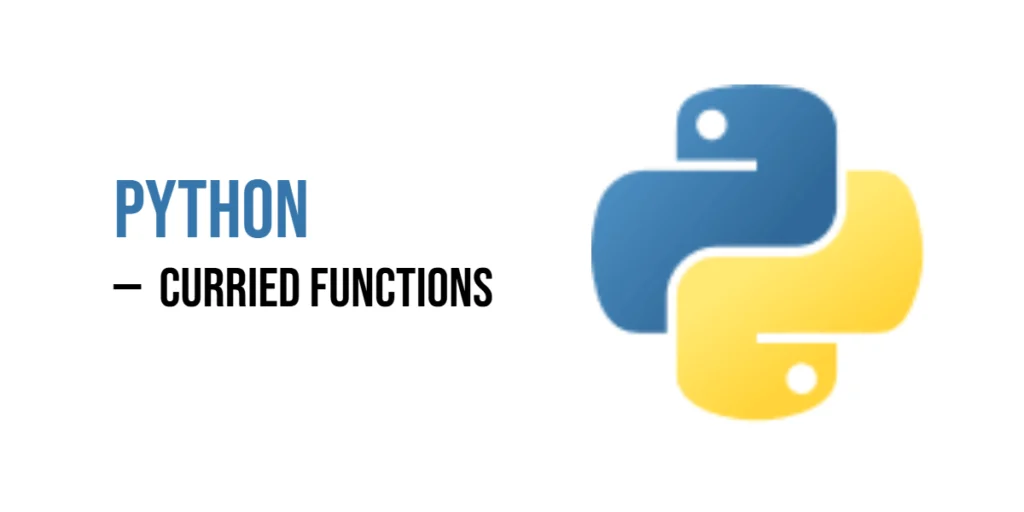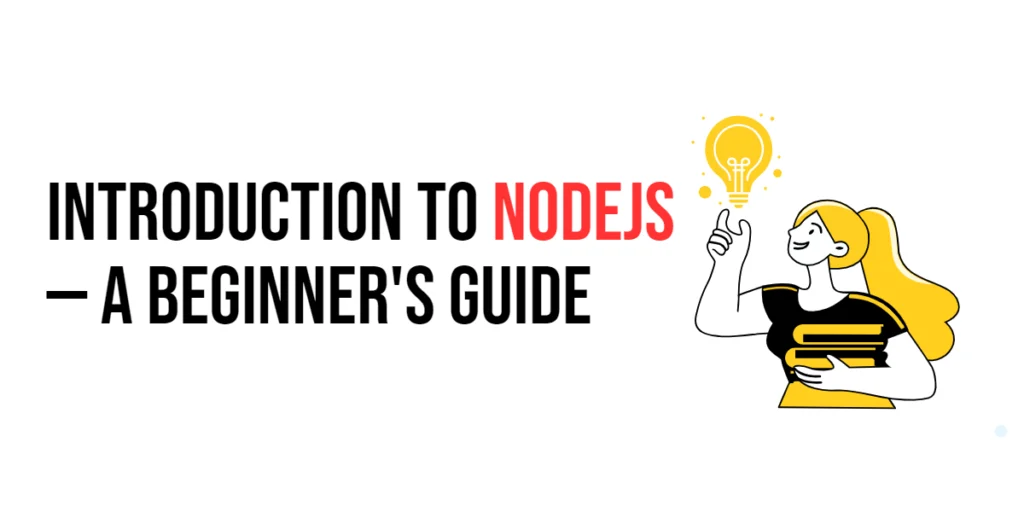Rust, a multi-paradigm, general-purpose programming language known for its focus on performance, safety, and concurrency, provides a robust set of arithmetic operators to perform mathematical operations. Understanding these operators is fundamental for anyone looking to write efficient and reliable Rust code involving mathematical operations. In this article, we’ll explore Rust arithmetic operators, understand their functionalities, and provide code examples to solidify your understanding.

with hands-on learning.
get the skills and confidence to land your next move.
Basic Arithmetic Operators
Rust supports the standard set of basic arithmetic operators that you would find in most programming languages. These operators include addition (+), subtraction (-), multiplication (*), division (/), and the modulo operator (%).
Let’s explore each of them with some code examples:
Addition Operator (+)
Let’s start with the addition operator, denoted by the plus sign (+). It performs addition on numeric values, whether they are integers or floating-point numbers. Here’s an example:
fn main() {
let a = 8;
let b = 7;
let sum = a + b;
println!("The sum of {} and {} is: {}", a, b, sum);
}In this example, the variables a and b hold the values 8 and 7, respectively. The + operator adds these values, and the result is stored in the variable sum.
Subtraction Operator (-)
The subtraction operator (-) is used to subtract the right operand from the left operand. Here’s an example:
fn main() {
let a = 10;
let b = 7;
let difference = a - b;
println!("The difference between {} and {} is: {}", a, b, difference);
}In this example, the variables a and b have values 10 and 7. The – operator subtracts the value of b from a, and the result is stored in the variable difference.
Arithmetic Negation Operator (-)
The arithmetic negation operator, denoted by the unary minus sign (-), reverses the sign of a numeric expression. It is particularly useful when you need to flip the sign of a value, such as converting a positive number to negative or vice versa.
Here’s a simple example demonstrating the arithmetic negation in action:
fn main() {
let positive_number = 67;
let negative_number = -positive_number; // negating positive_number
println!("Positive number: {}", positive_number);
println!("Negative number: {}", negative_number);
}In this example, we declare a variable positive_number with the value 67. Using the unary minus operator, we then assign the negation of positive_number to the variable negative_number.
Multiplication Operator (*)
The multiplication operator (*) is used to multiply two numeric values. Here’s an example:
fn main() {
let a = 4;
let b = 6;
let product = a * b;
println!("The product of {} and {} is: {}", a, b, product);
}In this example, the variables a and b hold the values 4 and 6. The * operator multiplies these values, and the result is stored in the variable product.
Division Operator (/)
The division operator (/) is used to divide the left operand by the right operand. Here’s an example:
fn main() {
let dividend = 24;
let divisor = 4;
let quotient = dividend / divisor;
println!("The quotient of {} divided by {} is: {}", dividend, divisor, quotient);
}In this example, the variables dividend and divisor have values 24 and 4. The / operator performs the division, and the result is stored in the variable quotient.
Remainder Operator (%)
The remainder operator (%) is used to find the remainder after dividing the left operand by the right operand. Here’s an example:
fn main() {
let numerator = 27;
let denominator = 6;
let remainder = numerator % denominator;
println!("The remainder of {} divided by {} is: {}", numerator, denominator, remainder);
}In this example, the variables numerator and denominator have values 27 and 6. The % operator calculates the remainder, and the result is stored in the variable remainder.
Operator Precedence
Understanding operator precedence is essential for writing correct and efficient code. Operator precedence determines the order in which operations are performed when an expression contains multiple operators.
In Rust, operator precedence follows the familiar rules from mathematics, PEMDAS (Parentheses, Exponents, Multiplication, Division, Addition and Subtraction). Multiplication and division have higher precedence than addition and subtraction. For example:
fn main() {
let result = 6 + 4 * 2;
println!("Result: {}", result); // Output: Result: 14
}In this example, multiplication is performed before addition, resulting in the expected output of 14. However, if you want to enforce a different order of operations, you can use parentheses to explicitly specify the desired precedence:
fn main() {
let result = (6 + 4) * 2;
println!("Result: {}", result); // Output: Result: 20
}By using parentheses, you ensure that addition is performed before multiplication, altering the final result. It is advisable to use parentheses to clarify your intent and avoid errors.
Overflow and Underflow
Rust takes safety seriously, and arithmetic operations are no exception. Rust’s integer types are designed to detect overflow and underflow, providing a safe environment for numeric computations.
Overflow
Overflow occurs when the result of an arithmetic operation exceeds the maximum representable value for the data type. In Rust, integer types are designed to detect overflow, and the language provides two main approaches to handle it: checked_ methods and wrapping_ methods.
Checked Methods
The checked_add, checked_sub, checked_mul, and checked_div methods return an Option type, indicating whether the operation resulted in an overflow or not. This allows you to handle potential issues without causing a panic.
fn main() {
let max_value = i8::MAX;
let result = max_value.checked_add(1);
match result {
Some(sum) => println!("Sum: {}", sum),
None => println!("Overflow occurred!"),
}
}In this example, if the addition exceeds the maximum value for the i8 type, the checked_add method returns None, signaling that an overflow occurred.
Wrapping Methods
The wrapping_add, wrapping_sub, wrapping_mul, and wrapping_div methods wrap around upon overflow, effectively “wrapping” the result back to the minimum representable value for the data type.
fn main() {
let max_value = i8::MAX;
let min_value = i8::MIN;
let wrapped_sum = max_value.wrapping_add(1);
println!("Min Value: {}", min_value); // Output: Min Value: -128
println!("Wrapped Sum: {}", wrapped_sum); // Output: Wrapped Sum: -128
}In this example, the wrapping_add method wraps around, producing the minimum value for i8 when overflow occurs.
Underflow
Underflow occurs when the result of an arithmetic operation falls below the minimum representable value for the data type. Similar to overflow, Rust provides both checked_ and wrapping_ methods to handle underflow.
Checked Methods
The checked_sub method returns an Option type, indicating whether the subtraction resulted in an underflow.
fn main() {
let min_value = i8::MIN;
let result = min_value.checked_sub(1);
match result {
Some(difference) => println!("Difference: {}", difference),
None => println!("Underflow occurred!"),
}
}In this example, if the subtraction results in a value below the minimum for i8, the checked_sub method returns None, indicating an underflow.
Wrapping Methods
Similarly, the wrapping_sub method wraps around upon underflow, bringing the result back to the maximum representable value for the data type.
fn main() {
let min_value = i8::MIN;
let max_value = i8::MAX;
let wrapped_difference = min_value.wrapping_sub(1);
println!("Max Value: {}", max_value); // Output: Max Value: 127
println!("Wrapped Difference: {}", wrapped_difference); // Output: Wrapped Difference: 127
}In this example, the wrapping_sub method wraps around, producing the maximum value for i8 when underflow occurs.
Choosing Between checked_ and wrapping_ Methods
The choice between checked_ and wrapping_ methods depends on the specific requirements of your code. If you want to explicitly handle overflow or underflow cases and take alternative actions, the checked_ methods with Option return types are preferable. On the other hand, if you want a wrapping behavior, where values automatically wrap around on overflow or underflow, the wrapping_ methods are more suitable.
Conclusion
In this exploration of Rust arithmetic operators, we’ve covered the basics of addition, subtraction, multiplication, and division. We’ve also touched on the modulus operator and the importance of understanding the order of operations. Rust’s focus on safety, including runtime checks for integer overflow, adds an extra layer of reliability to arithmetic operations in your programs.
Sources:







